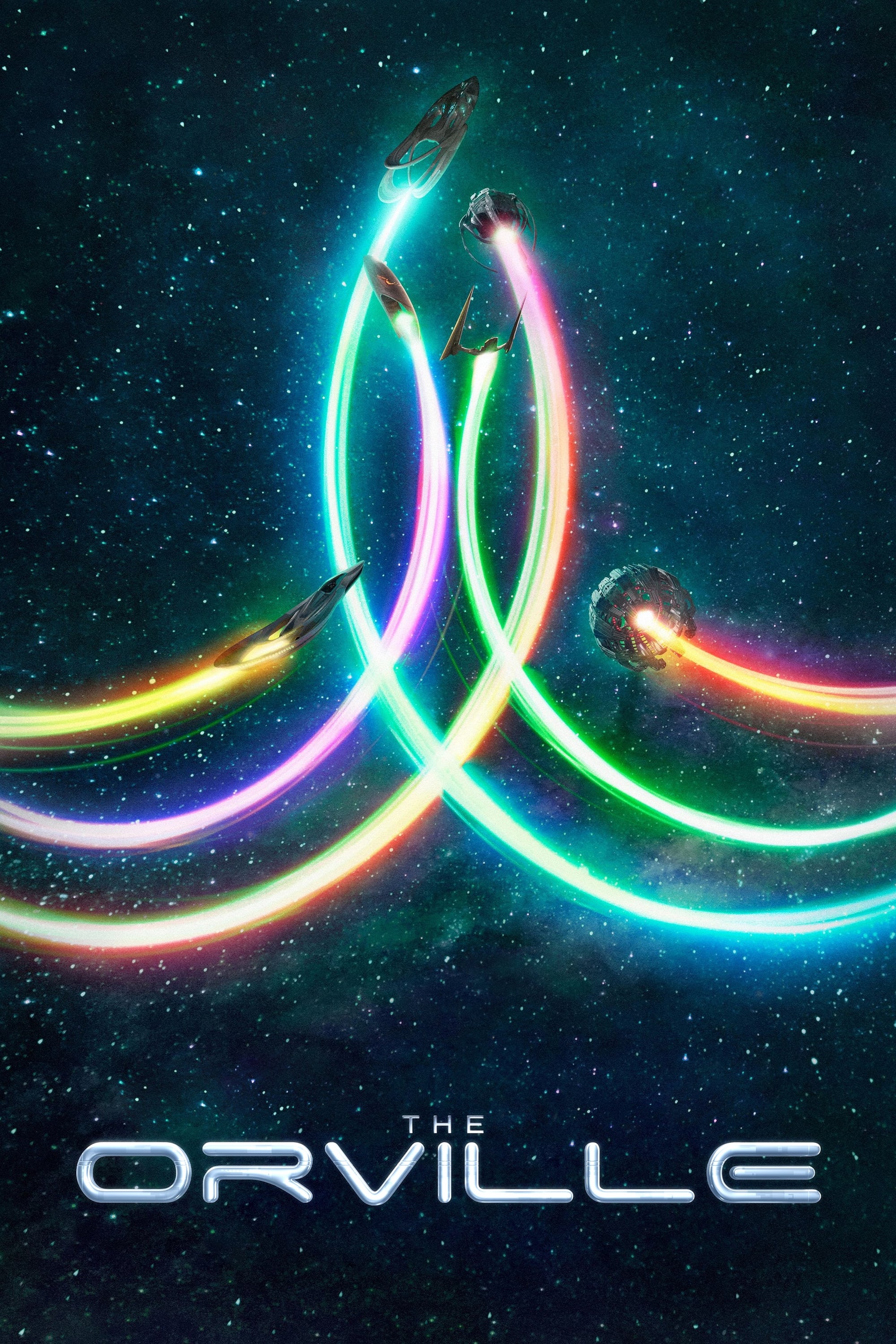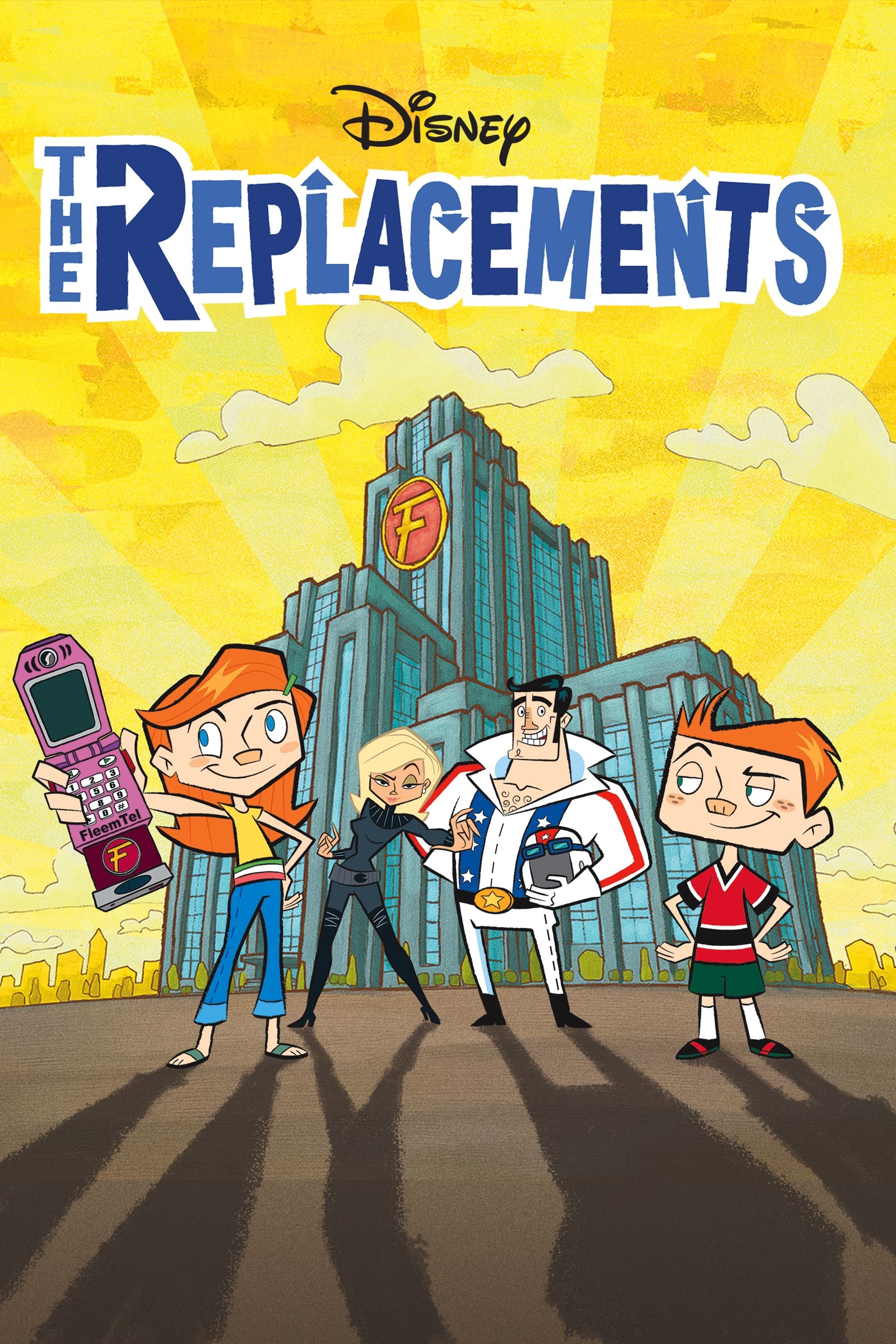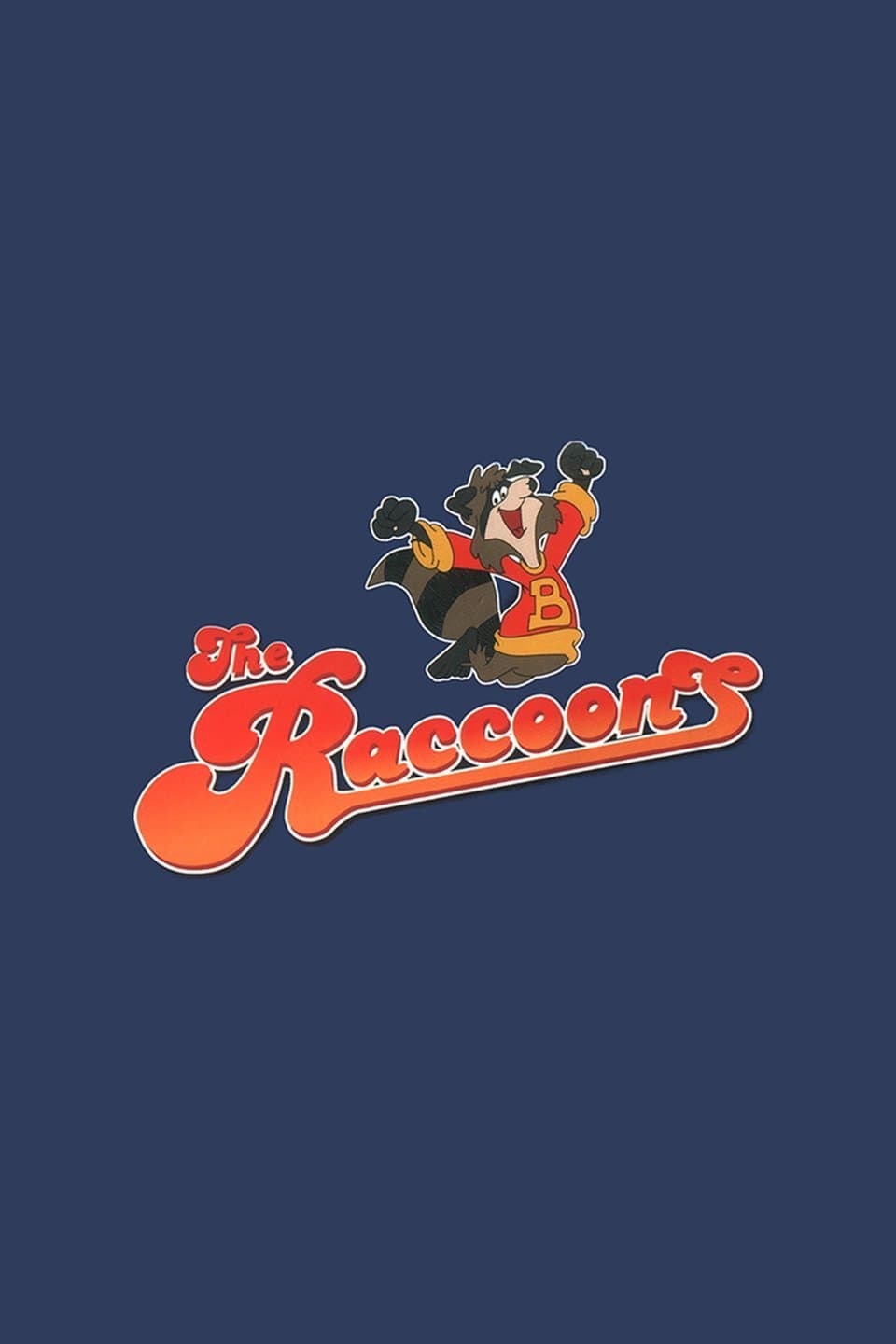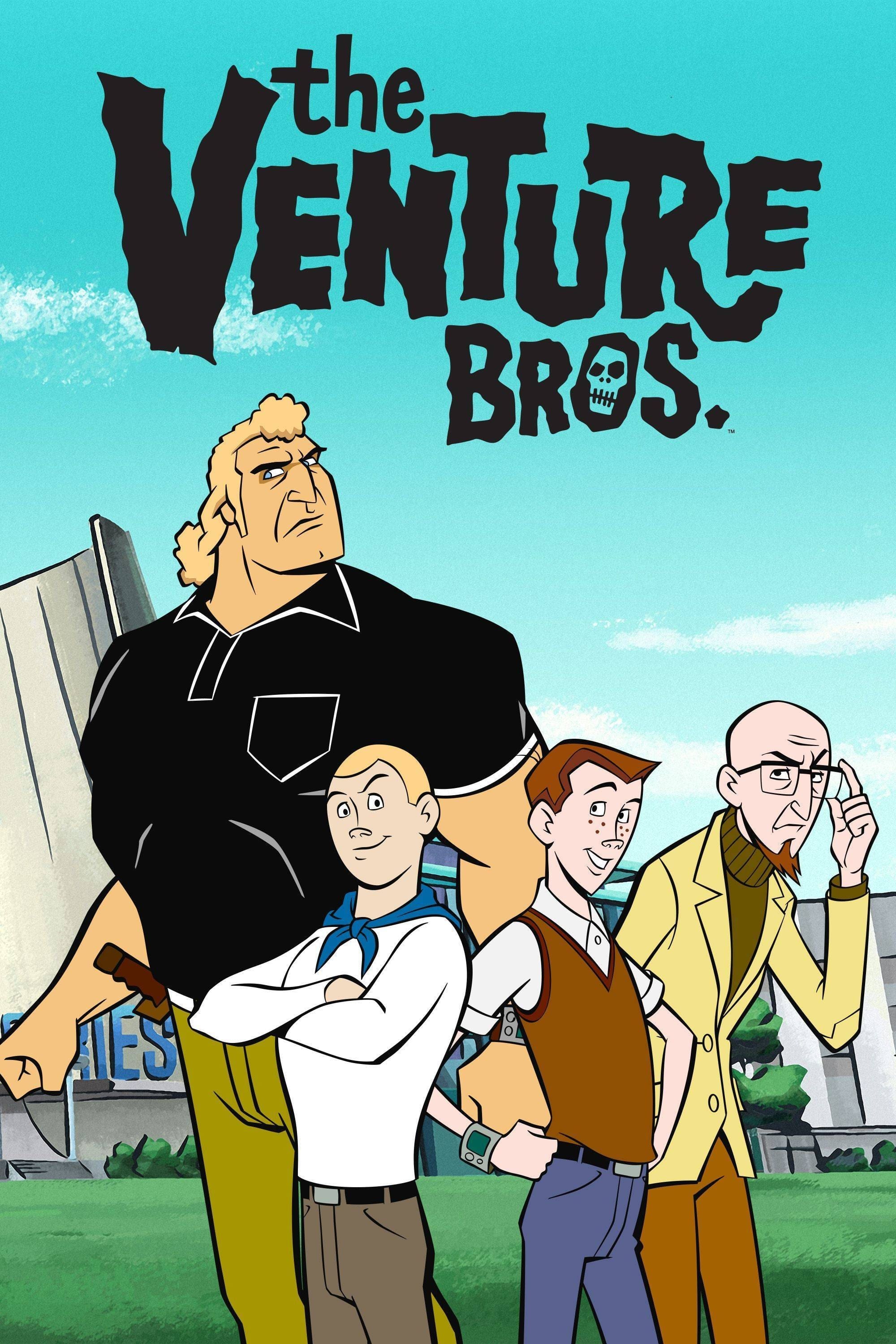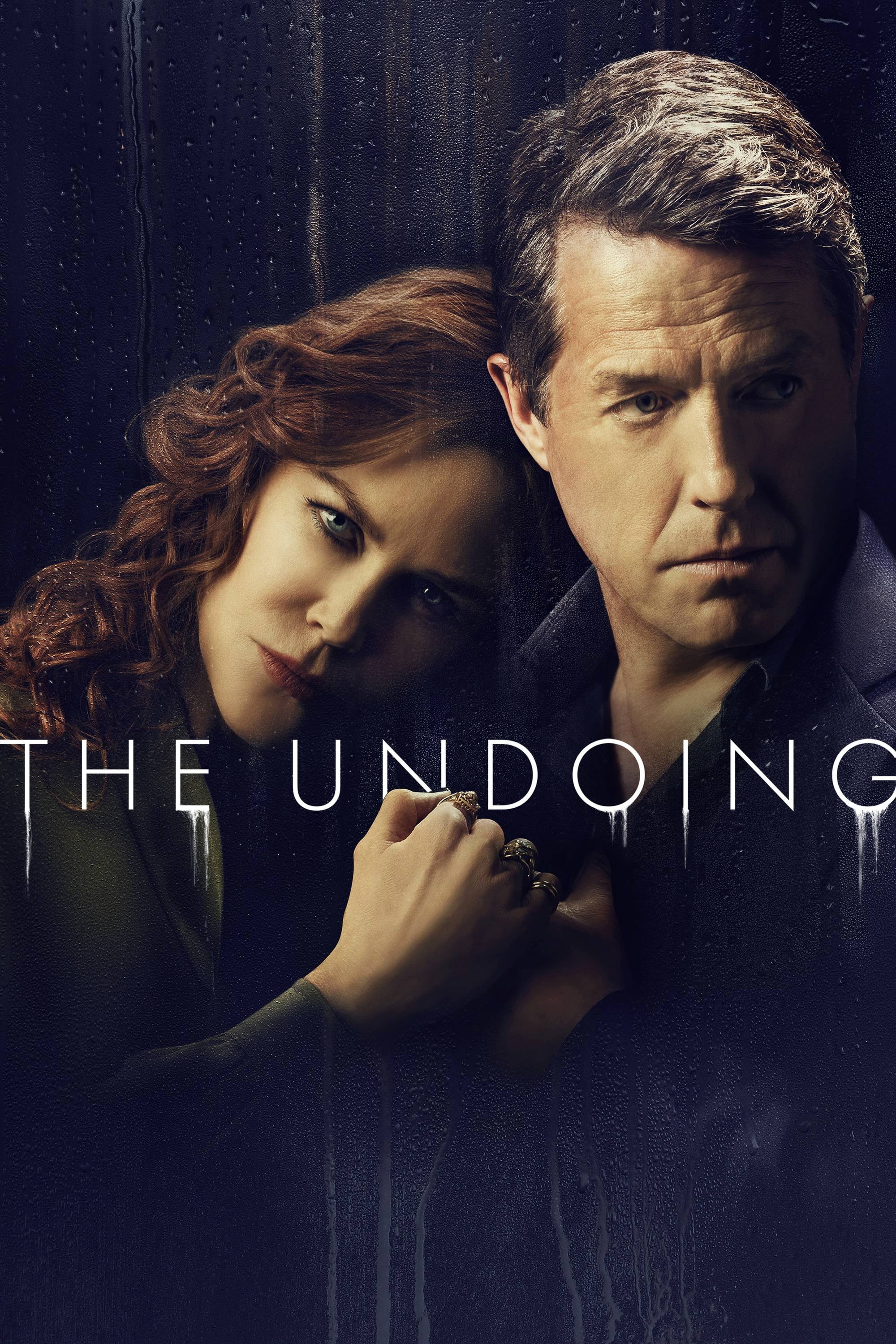
Public Image Limited – This Is What You Want… This Is What You Get (1984) [Japanese Limited SHM-SACD 2015]
PS3 Rip | SACD ISO | DSD64 2.0 > 1-bit/2.8224 MHz | 36:29 minutes | Scans included | 1,47 GB
or FLAC(converted with foobar2000 to tracks) 24bit/88,2 kHz | Full Scans included | 730 MB
PiL’s fourth album took three years to reach fruition for a number of reasons. The initial recordings included the nucleus of John Lydon and Keith Levene; Martin Atkins was asked to stay, bringing bassist Pete Jones to help out. After those sessions and a few shows, both Levene and Jones exited. Lydon recruited a lounge act spotted at a New Jersey hotel and took them on tour. Upon re-entering the studio, Lydon and Atkins wiped the departed members off the tapes from the prior recordings, employing faceless session hacks to fill in.
Read more
Public Image Limited – Flowers Of Romance (1981) [Japanese Limited SHM-SACD 2015]
PS3 Rip | SACD ISO | DSD64 2.0 > 1-bit/2.8224 MHz | 33:38 minutes | Scans included | 1,35 GB
or FLAC(converted with foobar2000 to tracks) 24bit/88,2 kHz | Full Scans included | 672 MB
As opposed to the axis of throbbing bass and guitar slashings of Metal Box, The Flowers of Romance is centralized on razor-sharp drums and typically haranguing vocals. No dubwise grooves here – bassist Jah Wobble was kicked out prior to the recording for ripping off PiL backing tracks for his solo material. And growing more disenchanted with the guitar, Keith Levene’s infatuation with synthesizers was reaching a boiling point. His scythe-like guitar is truly brought out for only one song. Stark and minimal are taken to daring lengths, so it’s no surprise that Virgin initially balked at issuing the heavily percussive record. “Four Enclosed Walls” opens with something of a mechanical death rattle and John Lydon’s quavering warble, framed by backwards piano and Martin Atkins’ spartan, dry-as-a-bone drumming. His rapier-like drums seem to serve a similar purpose to Levene’s guitar on Metal Box. An unsteady drum pattern and fragile, wind chime-like guitar from Levene shape “Track 8,” a bleak look at sexual relationships. Lydon adds color with pleasant imagery of Butterball turkeys and elephant graves. “Under the House” and “Francis Massacre” are the most violent tracks due to Atkins’ machine gun firing and Levene’s chilling atmosperics. Lydon lashes out at zealous fans on the only bottom-heavy tune, “Banging the Door”: “The walls are so thin/The neighbors listen in/Keep the noise down.” Perhaps the band’s most challenging work (in the avant garde sense), it’s just as “love it or hate it” as Metal Box; it’ll either go down a treat or like a five-pound block of liverwurst.
Read more
Public Image Limited – Paris au Printemps (Paris In The Spring) (1980) [Japanese Limited SHM-SACD 2015]
PS3 Rip | SACD ISO | DSD64 2.0 > 1-bit/2.8224 MHz | 41:09 minutes | Scans included | 1,66 GB
or FLAC(converted with foobar2000 to tracks) 24bit/88,2 kHz | Full Scans included | 827 MB
Released primarily to cut down on bootlegs of the same concerts from early 1980, Paris au Printemps catches Public Image Limited at the peak of the band’s career. While the album was criticized at the time for being nothing more than a live album and thus not adhering to the group’s avant-garde rhetoric, the music more than makes up for any breakdown in the band’s ideology. Jah Wobble issues forth pseudo-reggae liquid basslines while John Lydon moans and whelps over heavy, almost free-form guitar from Keith Levene. Although the songs remain quite similar to their album versions, there are far more prominent synth effects on this recording, adding more of an element of dark psychedelia to the mix and enhancing the menacing aspect to such songs as “Bad Baby,” and the droning “Careering.” Meanwhile, the epics – “Theme” from First Issue, and “Poptones” from Metal Box – sound arguably even better live. Unfortunately, while the music is great, the album has been pasted together quite sloppily from two concerts, placing the tracks in a bizarre order while leaving out some of the group’s best numbers. Nonetheless, Paris au Printemps is a fine release, especially in the absence of any other live recordings of the band from this period.
Read more
Public Image Limited – Metal Box, Second Edition (1979) [Japanese Limited SHM-SACD 2015]
PS3 Rip | SACD ISO | DSD64 2.0 > 1-bit/2.8224 MHz | 60:51 minutes | Scans included | 2,45 GB
or FLAC(converted with foobar2000 to tracks) 24bit/88,2 kHz | Full Scans included | 1,18 GB
PiL managed to avoid boundaries for the first four years of their existence, and Metal Box (issued in the U.S. as Second Edition) is undoubtedly the apex. It’s a hallmark of uncompromising, challenging post-punk, hardly sounding like anything of the past, present, or future. Sure, there were touchstones that got their imaginations running – the bizarreness of Captain Beefheart, the open and rhythmic spaces of Can, and the dense pulses of Lee Perry’s productions fueled their creative fires – but what they achieved with their second record is a completely unique hour of avant-garde noise. Originally packaged in a film canister as a trio of 12″ records played at 45 rpm, the bass and treble are pegged at 11 throughout, with nary a tinge of midrange to be found. It’s all scrapes and throbs (dubscrapes?), supplanted by John Lydon’s caterwauling about such subjects as his dying mother, resentment, and murder. Guitarist Keith Levene splatters silvery, violent, percussive shards of metallic scrapes onto the canvas, much like a one-armed Jackson Pollock. Jah Wobble and Richard Dudanski lay down a molasses-thick rhythmic foundation throughout that’s just as funky as Can’s Czukay/Leibezeit and Chic’s Edwards/Rodgers. It’s alien dance music. Metal Box might not be recognized as a groundbreaking record with the same reverence as Never Mind the Bollocks, and you certainly can’t trace numerous waves of bands who wouldn’t have existed without it like the Sex Pistols record. But like a virus, its tones have sent miasmic reverberations through a much broader scope of artists and genres.
Read more
Public Image Limited – Public Image: First Issue (1978) [Japanese Limited SHM-SACD 2015]
PS3 Rip | SACD ISO | DSD64 2.0 > 1-bit/2.8224 MHz | 39:44 minutes | Scans included | 1,62 GB
or FLAC(converted with foobar2000 to tracks) 24bit/88,2 kHz | Full Scans included | 837 MB
Like it or not, Public Image Limited’s First Issue (aka Public Image) was an album that helped set the pace for what eventually became known as post-punk. In England a vacuum had opened up in the wake of the breakup of the Sex Pistols in January 1978, and many punk fans and rival groups were impatient to see what ex-Sex Pistols frontman John Lydon aka “Johnny Rotten” was going to roll out next. Disheartened owing to events in his legal proceedings against the Sex Pistols management company Glitterbest, and disgusted by the punk scene in general, Lydon was determined to create something that was neither punk nor even really rock as it was known in 1978. Working with ex-Clash guitarist Keith Levene, first-time bassist Jah Wobble, and Canadian drummer Jim Walker, Public Image Limited produced an album that represented the punk sound after it had shot itself in the head and became another entity entirely. Embracing elements of dub, progressive rock, noise, and atonality and driven by Lydon’s lyrical egoism and predilection towards doom, death, and horror, First Issue was among a select few 1978 albums that had something lasting to say about the future of rock music. And not everyone in 1978 wanted to hear it; contemporary critical notices for First Issue were almost uniformly negative in the extreme.
Read more